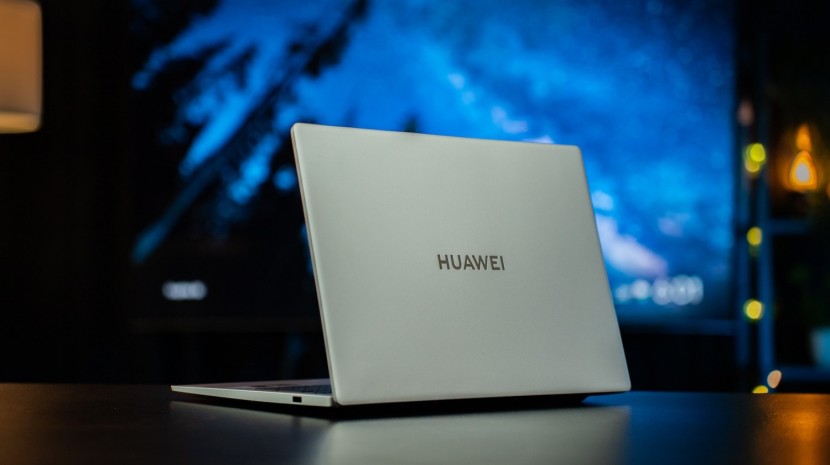The most recent laptop designed by Huawei is powered by a chip manufactured by Taiwan Semiconductor Manufacturing Co (TSMC), as shown by a gadget breakdown, which ended speculation about yet another technological breakthrough in China.
Huawei's new laptop, the Qingyun L450, was released in China not long ago, and it runs on the advanced 5-nm HiSilicon Kirin 9006C. This has sparked speculation that Semiconductor Manufacturing International Corp (SMIC), a Chinese chip manufacturing behemoth from whom Huawei sources processors, has finally achieved a 5nm manufacturing breakthrough.

Chip Made by TSMC
Research firm TechInsights discovered, during the disassembly process, that the Qingyun L540 laptop contained a 5-nm semiconductor manufactured by the Taiwanese business in 2020, around when the United States imposed sanctions that severed Huawei's ties to the chip manufacturer. According to Bloomberg, that disproves the rumor that SMIC, a mainland Chinese chipmaker partner of Huawei's, has made a significant technological advancement in fabrication.
When Huawei unveiled a smartphone in August 2023 with a 7-nm processor manufactured by Shanghai-based SMIC, it generated quite a stir in China and the US. A breakdown by TechInsights showed that the Mate 60 Pro's chip was only a few years behind the latest technology. This is exactly what US trade restrictions were meant to stop. The Chinese technology industry celebrated the news while the US debated the efficacy of penalties.
Leading China's Domestic Tech Development
In a report by South China Morning Post, the Mate 60 smartphone's innovations in 2023 solidified Huawei's position as the vanguard of China's drive to develop indigenous technology and distance itself from Western influences. The smartphone was a smashing success in China in the last quarter, helping the business reclaim the very significant $100 billion sales mark and chipping away at Apple's iPhone supremacy in the process.
Entering the 5-nm market would have been a huge step forward for Huawei, putting it in line with the state-of-the-art techniques that are now in use, which are mostly focused on 3-nm nodes. Chips as sophisticated as 5-nm were supplied to Huawei by TSMC before the two companies severed relations.
Over the last several years, Huawei has invested billions into semiconductor research and development (R&D) and inventory while simultaneously establishing a network of local suppliers and manufacturing partners--sometimes with the support of the government.
Huawei, which was formerly dominant in the networking industry, started selling laptops like the L540 in 2016 as part of its efforts to diversify its product portfolio.
Its release is timed with an upsurge in demands for the replacement of foreign equipment in sensitive areas, such as the outright ban on iPhones in the workplace and the replacement of Dell and HP personal computers.
The new laptop, according to some sellers, was made to meet China's strict regulations for the protection of sensitive government data. The security aspects of the gadget are highlighted on Huawei's official site, but no specifics are provided.








